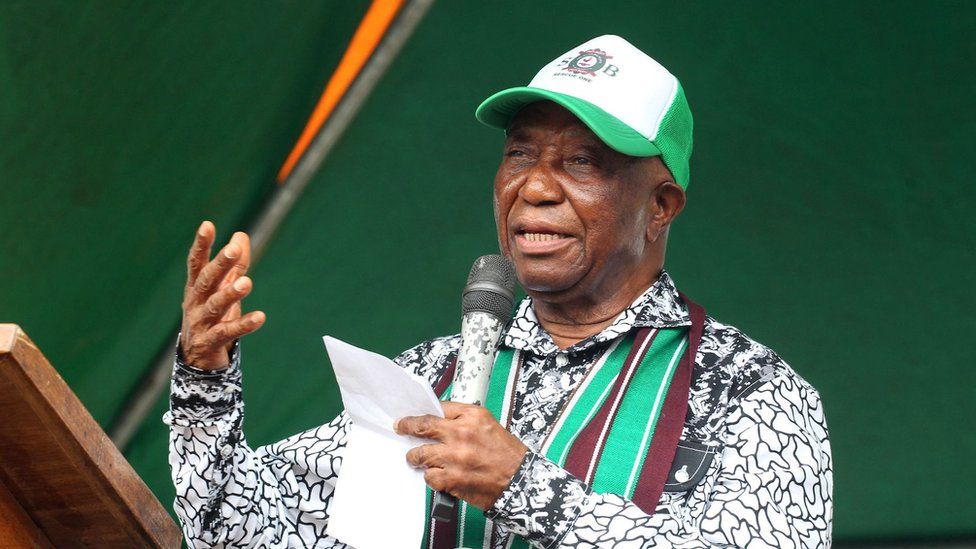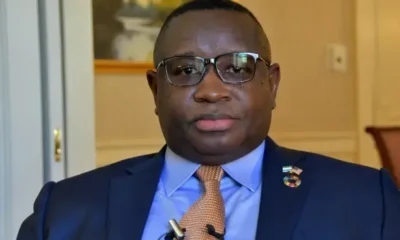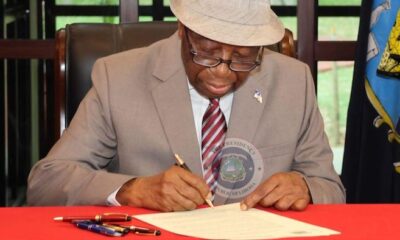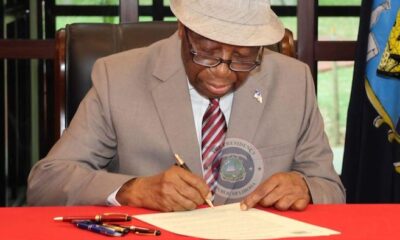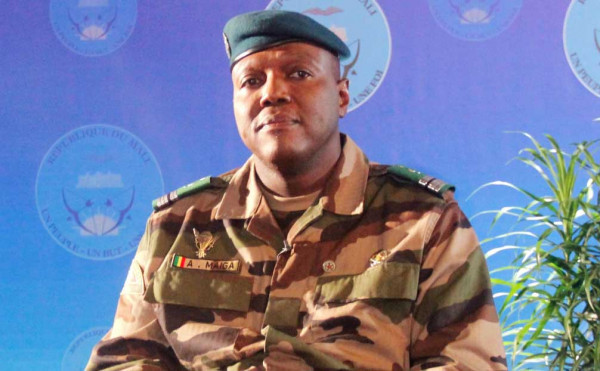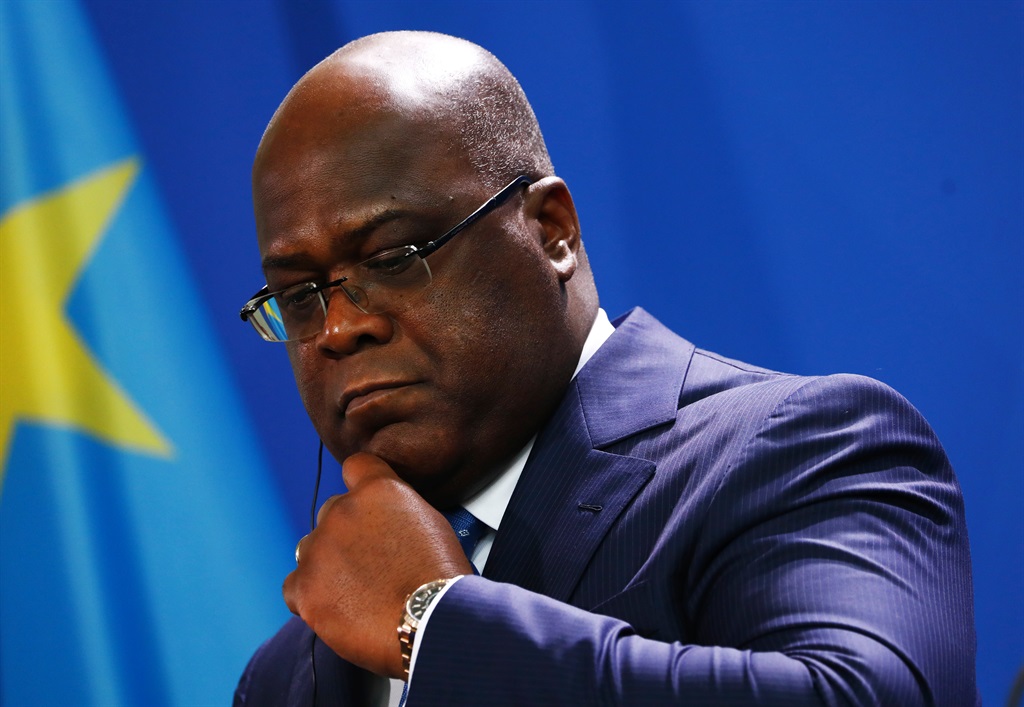An incumbent president has lost an election in Africa, a rare ray of hope for Africa’s struggling opposition.
In Liberia, West Africa, the country’s president, George Weah, has been defeated by an opposition leader, Joseph Boakai, after a tight race for the country’s top job.
The election ends Weah’s era, which has been marred by graft allegations, while also notably helping to ensure a smooth transition of power in the once volatile nation, as the president conceded defeat on Friday.
Weah said on national radio, “I spoke with president-elect Joseph Boakai a few moments ago to congratulate him on his victory.
“I urge you to follow my example and accept the results of the elections.”
Other contenders in the election were Nathaniel Barnes, a former Liberian ambassador to the United States; Clarence Moniba, and Alexander B. Cummings Jr., who finished fifth in the 2017 presidential election, among others.
The Liberian President is elected using a two-round system, while the 73 members of the House of Representatives are elected by first-past-the-post voting in single-member constituencies.
The outcome is a sharp contrast to the 2017 election when Boakai was defeated by global football legend, Weah, who garnered 62% of the vote. Unfortunately, some Liberians have become discouraged by continued poverty, unemployment, food insecurity, and inadequate electricity supply.
Boakai’s win also marks the highpoint in a long career, much of it spent within touching distance of power, including 12 years as vice president under Weah’s predecessor, Ellen Johnson Sirleaf. He lost in a run-off vote to Weah in 2017.
The victory of the 78-year-old leader of the Liberia National Union, Boakai, spotlights electoral evolution in the continent, as it is unusual to unseat a president in a continent with the unsavoury tag of having the longest-serving president in the world.
While opposition parties have merged in the bid to defeat ruling parties elsewhere, like in Nigeria in 2013, in Gabon earlier this year, and more recently during the week in the Democratic Republic of the Congo ahead of next month’s presidential election, veteran Boakai has defied the odds to become Liberia’s top man without such mergers. It is yet to be seen if he will sustain popularity or run out of gas like the outgoing Weah.
Close watchers of Africa’s opposition politics will wait to see if Boakai’s victory represents a continent-wide bellwether or just another occasional outlier.

 Sports2 days ago
Sports2 days ago
 Metro2 days ago
Metro2 days ago
 Metro1 day ago
Metro1 day ago
 Culture2 days ago
Culture2 days ago
